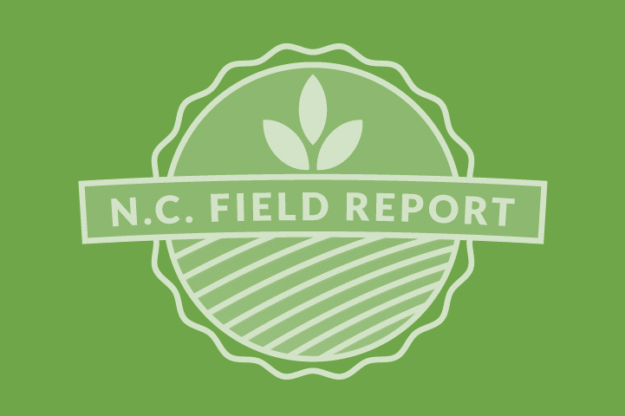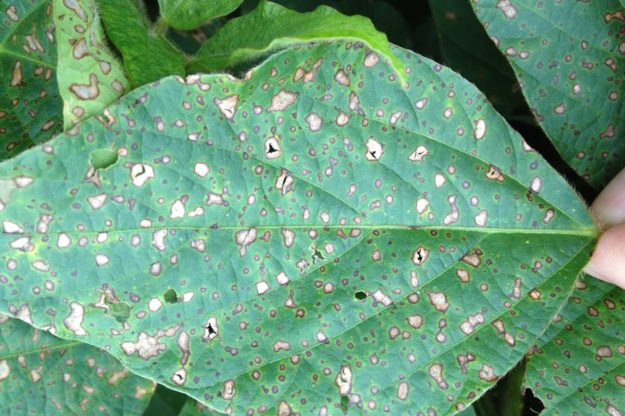Scouting for Pod Feeding Insects
With greater than 80% of the soybean acreage in North Carolina setting pods, now is the time to be on the lookout for pod feeding insects. Pod feeders are the most dangerous insect pest as they directly attack soybean yield by feeding on the seeds/pods. Corn earworm and stink bugs are the two most serious…
Details









